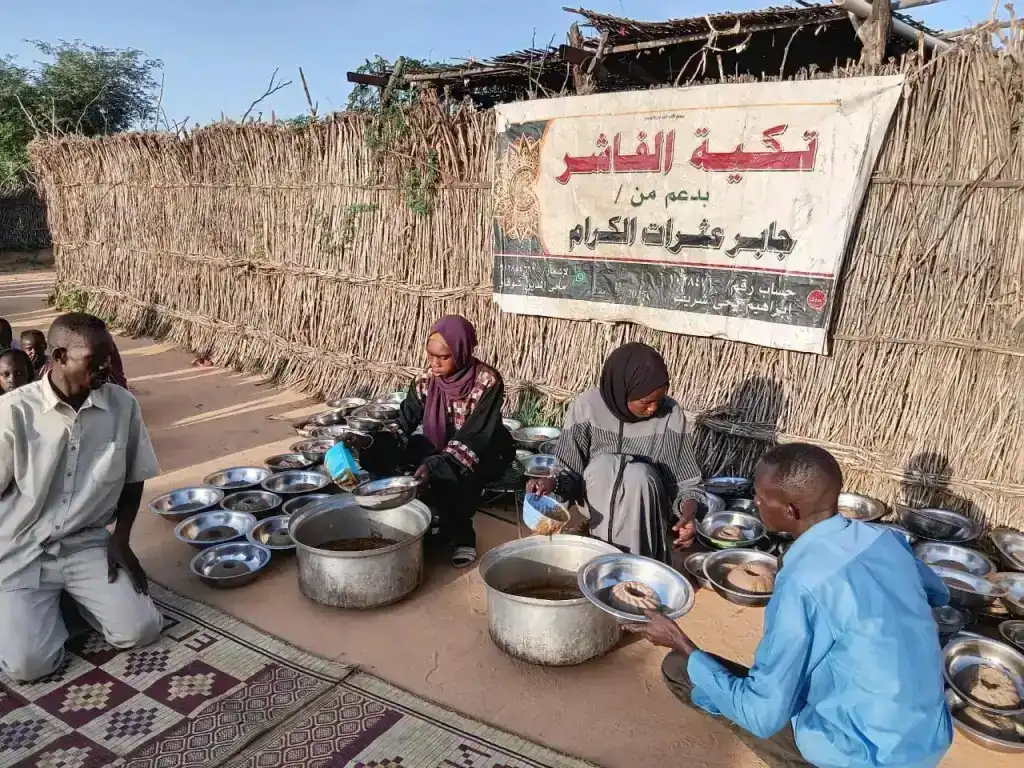Sudan’s civil war has turned journalism into a deadly profession. In 2025, reporters risk their lives daily, with artillery fire, hunger, and political persecution shaping their work.
Freelance journalist Ahmed Hassan recalled running for cover during a market attack in Khartoum. “The ground shakes, and you sprint for your life,” he said. More than 50 media workers have been killed since the conflict began, making Sudan one of the world’s most dangerous countries for the press.
Hunger Shadows the Press
War is not the only enemy. Starvation is tightening its grip on millions, including reporters. Fatima Ali, covering displacement camps, admitted she often works on an empty stomach.
“We eat whatever we can find, but it never lasts,” she explained. Many journalists now skip reporting days to forage for food, as aid convoys struggle to reach civilians.
The UN estimates nearly 2 million children suffer acute malnutrition. Hunger forces journalists to choose between survival and telling stories that matter.
Caught Between Warring Sides
Both the Sudanese army and Rapid Support Forces (RSF) accuse reporters of bias. Dozens have been arrested, beaten, or silenced. In August 2025 alone, authorities detained over 20 journalists.
“They call you a spy if you film the wrong scene,” said cameraman Khalid Omar. Beyond physical violence, online harassment and death threats have driven many into hiding, shrinking Sudan’s press freedom.
Why They Keep Reporting
Despite relentless dangers, Sudanese journalists continue exposing atrocities. From bombed hospitals to starving families, their reports ensure the world does not look away.
“We stay because the truth must be told,” Omar stressed. International organizations such as the Committee to Protect Journalists have urged stronger protections. Meanwhile, underground networks inside Sudan share stories secretly to keep the flow of information alive.
The Heavy Price of Truth
Sudan’s war has displaced more than 10 million people. Journalists not only document this tragedy but also suffer their own losses, family separations, burnout, and deaths in the field.
Yet, their resilience fuels hope. Each report becomes an act of courage, demanding accountability in a conflict where silence serves the powerful.
What Lies Ahead
As October 2025 unfolds, peace talks remain stalled. Journalists face worsening conditions with little protection in sight. Calls for ceasefires and safeguards for the press continue, but for now, Sudan’s storytellers remain trapped between hunger and crossfire.
__________________________________________________






